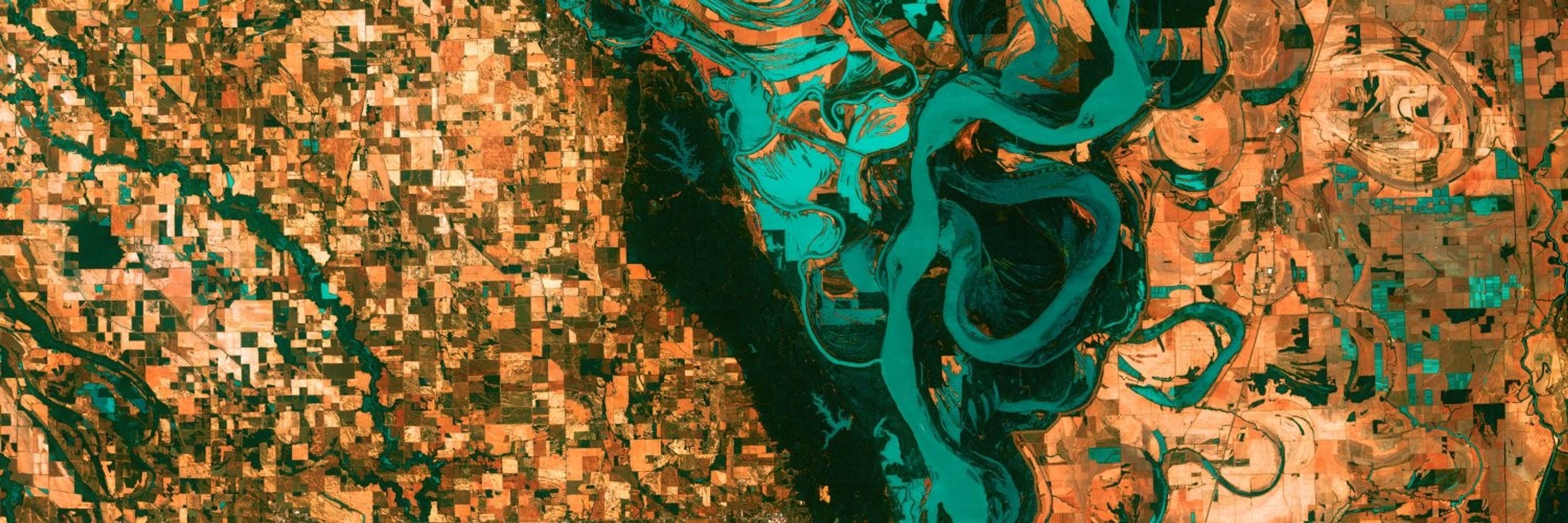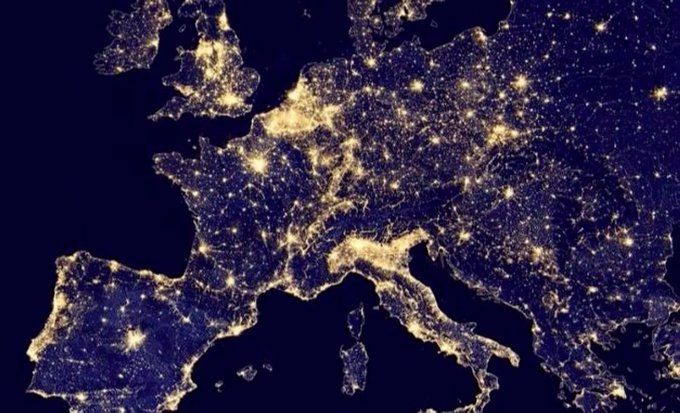
Newsletter: http://spatialedge.co
1. What 𝙩𝙮𝙥𝙚 of economic activity it captures, and
2. 𝙎𝙥𝙖𝙩𝙞𝙖𝙡 𝙢𝙞𝙨𝙢𝙖𝙩𝙘𝙝𝙚𝙨
Here's the breakdown (in simple terms):

1. What 𝙩𝙮𝙥𝙚 of economic activity it captures, and
2. 𝙎𝙥𝙖𝙩𝙞𝙖𝙡 𝙢𝙞𝙨𝙢𝙖𝙩𝙘𝙝𝙚𝙨
Here's the breakdown (in simple terms):
It's for good reason.
This data is insanely hard to come by.
So I've compiled a comprehensive list of datasets.
These cover both paid and free options:

It's for good reason.
This data is insanely hard to come by.
So I've compiled a comprehensive list of datasets.
These cover both paid and free options:
Here's a list of my favourite geospatial environmental datasets:

Here's a list of my favourite geospatial environmental datasets:
But how accurate are they?
A new study examines this (and the results are surprising):

But how accurate are they?
A new study examines this (and the results are surprising):
I’ve done it twice.
Here are the exact steps I took to obtain funding from @esa.int 's Business Incubation Centre:

I’ve done it twice.
Here are the exact steps I took to obtain funding from @esa.int 's Business Incubation Centre:
This is something I was asked about a lot.
But my experience was (very) unorthodox.
It involved burnout, CrossFit and Kyiv:

This is something I was asked about a lot.
But my experience was (very) unorthodox.
It involved burnout, CrossFit and Kyiv:
However, a new paper claims to have cracked it.
Here's the breakdown:

However, a new paper claims to have cracked it.
Here's the breakdown:
So he'll love this new paper, which produces time-series wealth estimates at a granular level.

So he'll love this new paper, which produces time-series wealth estimates at a granular level.
Most countries don't even publish it.
However, some geospatial datasets provide these insights for every country in the world.
Here's a list of geospatial GDP datasets, I wish I knew about 5 years ago:

Most countries don't even publish it.
However, some geospatial datasets provide these insights for every country in the world.
Here's a list of geospatial GDP datasets, I wish I knew about 5 years ago:
How do we know?
An analysis of satellite imagery conducted by NASA and Harvard.
Here's the breakdown:

How do we know?
An analysis of satellite imagery conducted by NASA and Harvard.
Here's the breakdown:
These will impact how we use nightlights to measure economic growth.
Here's the breakdown:

These will impact how we use nightlights to measure economic growth.
Here's the breakdown:
However, it's difficult to assess how efficient these are.
A new study examines 7,000 bus routes in 36 cities across 22 countries in order to find out.
The results are pretty surprising:

However, it's difficult to assess how efficient these are.
A new study examines 7,000 bus routes in 36 cities across 22 countries in order to find out.
The results are pretty surprising:
Here’s what you need to know about the Relative Wealth Index:

Here’s what you need to know about the Relative Wealth Index:
Today that bootstrapped company makes annual revenue over $1.5 billion.
Here’s the story of ESRI:

Today that bootstrapped company makes annual revenue over $1.5 billion.
Here’s the story of ESRI:
Using (free) geospatial data, we can now identify which areas lack internet access at super granular levels.
Here's the breakdown:

Using (free) geospatial data, we can now identify which areas lack internet access at super granular levels.
Here's the breakdown:
It's also related to environmental factors.
Here's how poorer people are more impacted by heat-related deaths:

It's also related to environmental factors.
Here's how poorer people are more impacted by heat-related deaths:
However, they all tell us different things.
So which one is the most accurate?
Let's find out:

However, they all tell us different things.
So which one is the most accurate?
Let's find out:
However, a new approach attempts to do this in real-time using free data.
Here's the breakdown:

However, a new approach attempts to do this in real-time using free data.
Here's the breakdown:
It requires precise information on crop type and crop yield.
@esa.int has launched a (free) dataset that provides this information.
Here's what you need to know about it:

It requires precise information on crop type and crop yield.
@esa.int has launched a (free) dataset that provides this information.
Here's what you need to know about it:






